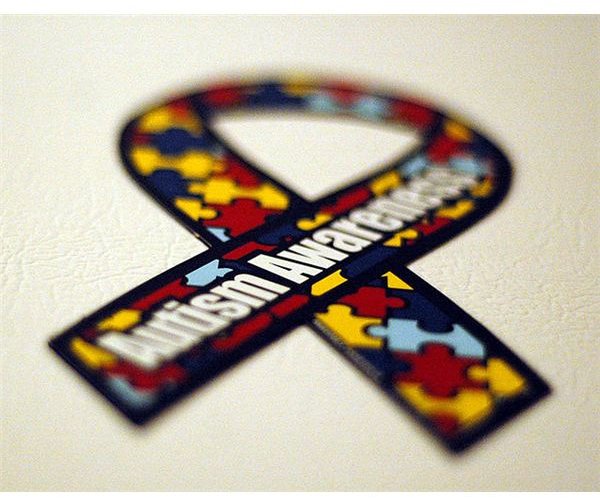Can a Person Live a Normal Life After PDD Diagnosis?
Grieving the Perfect Child
As a parent, hearing your child has some form of PDD (Pervasive Developmental Disorder) is devastating. Aside from the initial denial, even anger, the most common question in the beginning is can a person live a normal life after PDD diagnosis? What will happen to my child now? Will he or she ever be independent? The questions that run through a parent’s mind in those first few days, weeks, even months, can be far more worrisome than the diagnosis itself.
It’s hard to digest at first, that this little person you love so much, dreamed about for so long, could possibly be anything less than perfect. Parents often follow the same stages of grieving after such a diagnosis as they would after the loss of a loved one. They must learn to let go of that dream child, the perfect child, they had envisioned. However, grieving does not meaning giving up hope. There is much work ahead to increase their child’s chance of a normal life, albeit an adjusted view of normal. Unfortunately, we do not live in a perfect world and not all children diagnosed with PDD live “normal” lives. However, a growing percentage of children do go on to live happy, fulfilling independent adult lives.
Severity and Early Intervention
Studies have shown that early intervention can minimize the overall impact of the disabilities associated with various forms of PDD. The severity of a child’s disability plays an important role in long-term outcomes. However, with early interventions, children with PDD-NOS, Asperger’s syndrome, and high-functioning autism can learn better communication and social skills, which contribute to a more independent adult life. Children with more severe forms of Autistic Disorder or other PDDs may need ongoing support throughout their lifetime.
There is no way to predict with any certainty which children will live normal lives and which children will need continuing support. It all depends on when they are diagnosed, how they respond to therapies and other interventions, and how severely they are affected by PDD. No matter where these children fall on the spectrum of autistic disorders, every child can live a fuller, more productive life with treatment than without.
Readjusting Your Idea of Normal
No matter how severe your child’s disability, no matter how well they respond to therapies and interventions, raising a child on the spectrum requires adjusting your expectations and ideas of what a normal life means. These children develop at their own pace, in their own ways. This does not mean they are incapable of independent living, finding rewarding careers, falling in love, having children or otherwise leading normal lives. They will become as “normal” as their disabilities and ongoing support system allows.
A PDD diagnosis, at least during childhood, simply means these children will not follow the same developmental milestones as neuro-typical children. Instead of learning to ride a bike at the age of 5 or 6, it might take them until they are 9, 10, 12, even 14 before they have the advanced motor skills necessary to maintain their balance. Instead of graduating high school and leaving home at 18, these children may not be ready for independent living or post secondary education until they are in their early 20s. Likewise, some children will never be ready for such skills or challenges, while others will “catch up” to their peers in time to pursue college with the rest of their class.
There is simply no way to know for sure until a child matures and parents or caregivers have a better view of their adult abilities. Some children like those with Asperger’s or PDD-NOS, go on to finish school, find rewarding careers relative to their interests, and learn to function like most of their peers. Others will be able to manage independent living with supports in place for major challenges like finances and keeping to a schedule. And then there are those who will require far more involved and guided support systems well into adulthood. No matter their level of independence or ability to live “normally,” parents must provide the necessary supports, guidance, therapies, interventions, and systems to help their child reach their fullest potential, whatever that potential may ultimately be.
References and Resources
The Bertolon Center for Grief and Healing, The Grieving Process: https://www.hns.org/Bertolon_Center_for_Grief_Healing/The_Grieving_Process.aspx
Autism Help, Therapies and Early Intervention: https://www.autism-help.org/early-intervention-aspergers-autism.htm
Image courtesy of Flickr, released under Creative Commons License
